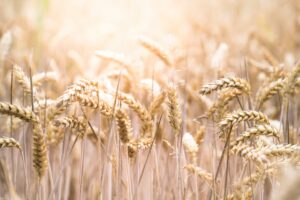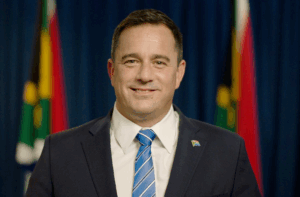Press release
South Africans are consuming more seafood than ever before, up from an estimated 325 000 tonnes in 2022 to 350 000 tonnes in 2024, according to a new consumer survey done by WWF’s Southern African Sustainable Seafood Initiative (WWF-SASSI).
Alongside an increase in consumption, there is also a growing awareness among consumers of the need to source seafood more sustainably – up from 47% to 52% over the same period.
The results of this survey are contained in the newly released 2024 WWF-SASSI Retailer and Supplier Participation Scheme (RSPS) report which outlines the progress made by participants in the scheme and celebrates the impact of WWF-SASSI over the last two decades.
RSPS participants include some of South Africa’s biggest retailers and suppliers, among them Pick n Pay, Woolworths, SPAR, Shoprite, Checkers, Food Lover’s Market, John Dory’s, and Atlantis Foods Group.
The report details their performance against their own commitments in terms of responsible sourcing of seafood by volume and by species, with many making steady progress year on year.
Such progress highlights the importance of transparent and traceable information. Knowing where seafood comes from, how it is caught, and what species it is are crucial factors in determining the sustainability status of seafood products.
Ensuring that this information is transparent and readily available for suppliers, retailers and consumers allows buyers to make the best-informed decisions when selecting sustainable seafood options.
Pavitray Pillay, Head of Business Development and Marketing at WWF South Africa, commented: “While we recognise and appreciate the current efforts of retailers and suppliers to facilitate behavioural change, the goal now is to further enhance these initiatives. This can be done through more staff training, improved on-pack labelling, ensuring traceable systems are in place, and providing consumers with better information to support informed decision-making.
“With more seafood species undergoing assessment, and an influx of international species landing in South African retailer spaces, the need to work together in the interests of sustainability is greater than ever before. Together, we can make responsibly and sustainably sourced seafood not just an aspiration but the default choice for all.”
Read the full report here: www.wwf.org.za/our_research/publications/?55962/wwf-sassi-rsps-report-2024
Photo: Mali Maeder on Pexels



